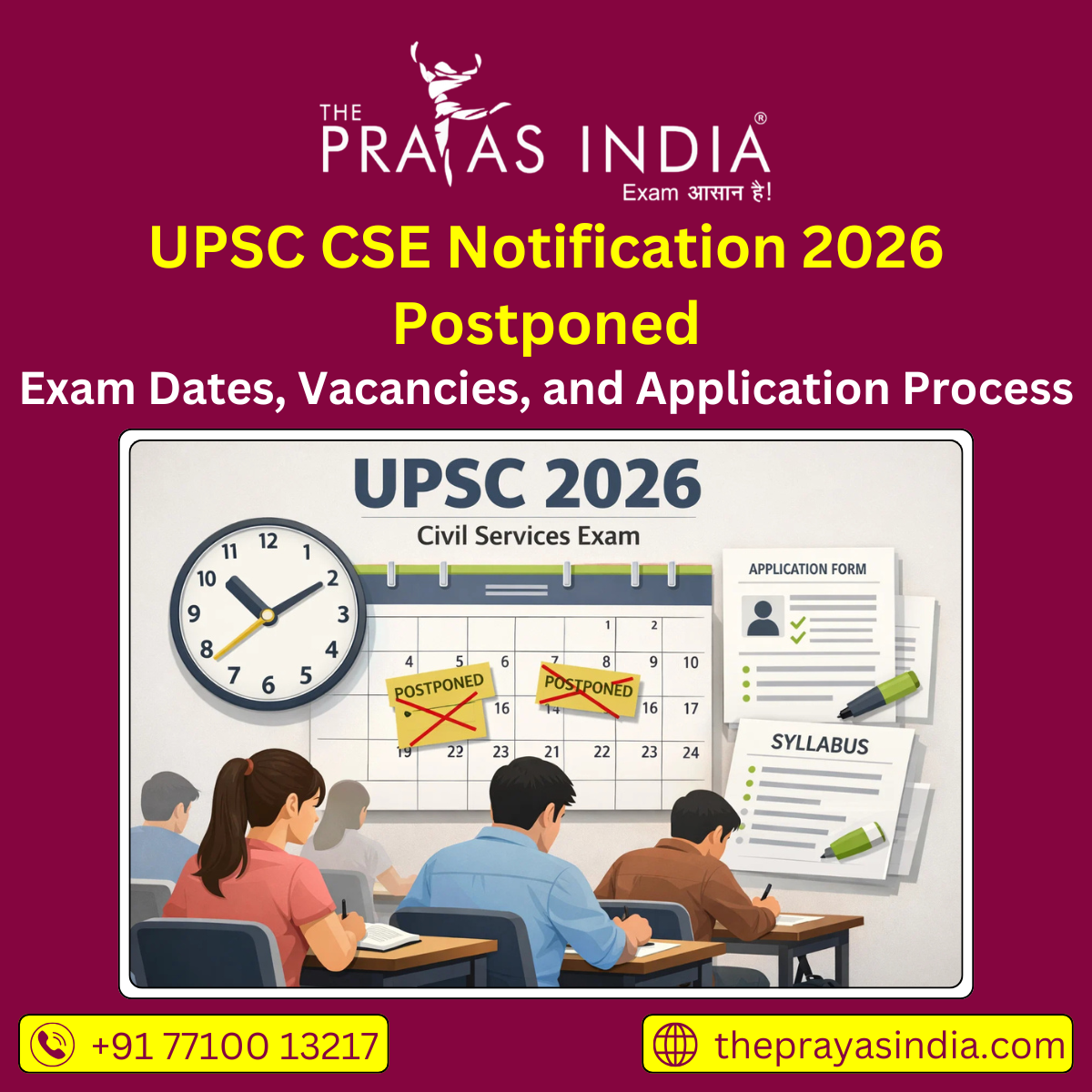MEA Refutes Tariff Review and Pact Suspension Rumours
Introduction
The Ministry of External Affairs (MEA) has issued an official clarification rejecting all media reports and online claims that the Government of India is considering a tariff review or the suspension of bilateral agreements with any country, especially in light of recent global trade tensions. This statement comes at a critical time when speculation has increased following the United States’ imposition of higher import tariffs on select Indian goods.
The MEA’s swift response aims to correct misinformation and maintain trust in India’s diplomatic and trade channels.
The Fake News Controversy: What Was Claimed?
Over the past week, several news portals and social media handles have circulated unverified reports that India was planning a retaliatory response to the U.S. tariffs by suspending bilateral pacts or revising its tariff regime. These claims created confusion among investors, policy analysts, and international observers, especially given the sensitive nature of India-U.S. trade relations.
Some of the fake claims included:
- India to suspend key bilateral trade agreements with the U.S. and EU.
- India to revise its import tariff structure on critical U.S. exports.
- Discussions underway to withdraw from existing FTAs (Free Trade Agreements).
MEA’s Official Statement
The MEA, in its press briefing on August 4, 2025, categorically denied all such claims. The official spokesperson stated:
“There is no basis to reports suggesting that India is suspending any bilateral agreements or considering tariff revisions. These are false narratives and should be disregarded. India remains committed to diplomatic dialogue and structured negotiations on trade-related matters.”
The Ministry further emphasized that India follows a rule-based international trade framework and does not act on the basis of rumors or provocations.
India’s Approach to Global Trade Tensions
India, as one of the world’s fastest-growing economies, has experienced trade friction with several countries over the past decade. However, New Delhi has consistently opted for negotiated settlements and multilateral dialogue, rather than retaliatory measures that could disrupt long-term trade partnerships.
Key points about India’s trade policy include:
- Commitment to WTO norms and rules-based trade.
- Promotion of Atmanirbhar Bharat (Self-Reliant India) while maintaining openness to FDI and exports.
- Strategic negotiations for FTA renewals with the EU, UK, and ASEAN.
- Focus on non-tariff measures like quality control, export incentives, and investment facilitation rather than blanket tariff hikes.
India–US Bilateral Relations: Still Intact
Despite occasional disagreements, India and the United States share one of the most dynamic bilateral relationships. The ties include strategic defense cooperation, energy partnerships, technology exchange, and growing investment flows.
The recent tariff decisions by the U.S. government were part of broader internal policy changes and not specifically targeted at India, according to official statements from Washington.
India has responded maturely, keeping the diplomatic channel open and maintaining regular consultations through trade and commerce ministries.
Why This News Matters (Especially for Aspirants)
This incident serves as a case study in how fake news can influence public opinion and policy discussions. For UPSC, SSC, and other government exam aspirants, the topic offers:
- Insights into India’s foreign policy and economic diplomacy.
- Lessons in misinformation management and the role of official government channels.
- Context for India-US relations and global trade strategies.
- Real-world examples of the media’s role in international affairs.
Media Literacy: A Must in the Age of Information Overload
The MEA’s firm denial also raises the issue of media responsibility and the need for media literacy. In the digital age, where unverified news spreads rapidly via social platforms, it is essential to:
- Cross-verify with official sources like PIB, MEA, or the Press Information Bureau.
- Avoid spreading screenshots or headlines without context.
- Rely on authentic media houses and government notifications before forming opinions.
Conclusion
The Ministry of External Affairs has once again demonstrated transparency and swift communication by refuting baseless rumors of tariff reviews and bilateral agreement suspensions. India remains committed to peaceful diplomacy, global economic engagement, and constructive resolution of trade issues.
As citizens and future civil servants, it is vital to stay informed, alert, and responsible while navigating current affairs in today’s complex global environment.
Stay updated with The Prayas India – your trusted source for daily current affairs, UPSC insights, and government exam preparation.




![Prayas-तेजस [UPSC CSE Sociology Optional] – Online & Offline](https://theprayasindia.com/wp-content/uploads/2025/09/Prayas-तेजस-UPSC-CSE-Optional-Subject-The-Prayas-India-300x300.png)
![Prayas-सूत्र [UPSC CSE Materials (Hardcopy)]](https://theprayasindia.com/wp-content/uploads/2025/09/Prayas-सूत्र-UPSC-CSE-Study-Materials-Hardcopy-The-Prayas-India-300x300.png)
![Prayas-मंत्रा [UPSC CSE CSAT]](https://theprayasindia.com/wp-content/uploads/2025/09/Prayas-मंत्रा-UPSC-CSE-CSAT-The-Prayas-India-300x300.png)
![Prayas सारथी [UPSC CSE One on One Mentorship]](https://theprayasindia.com/wp-content/uploads/2025/09/Prayas-सारथी-UPSC-CSE-One-on-One-Mentorship-The-Prayas-India-300x300.png)










